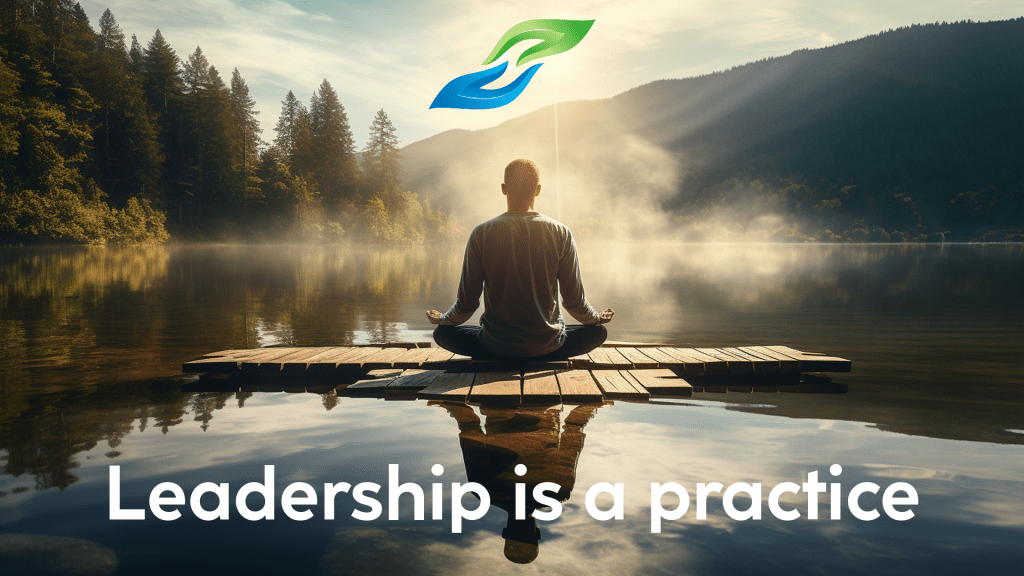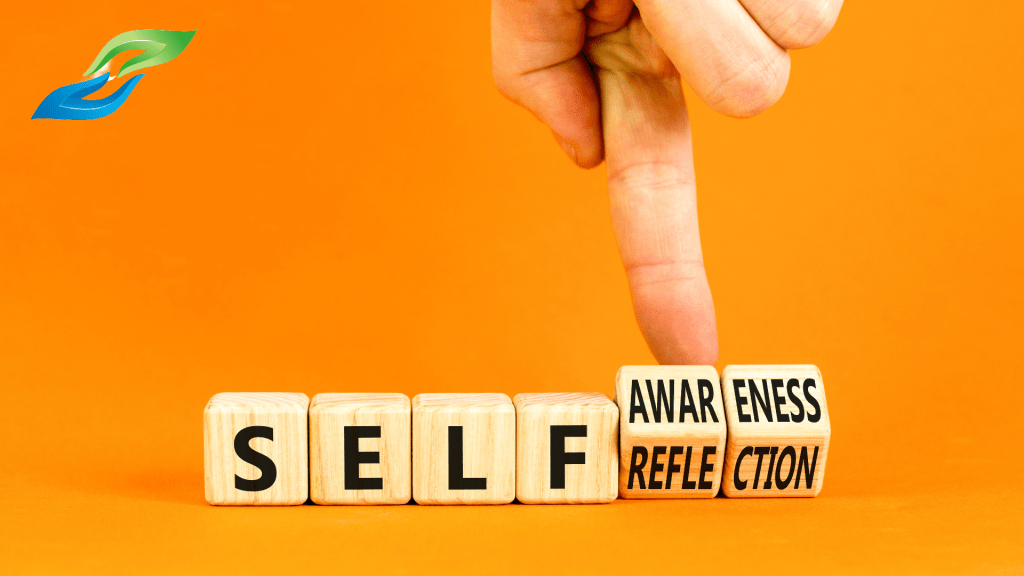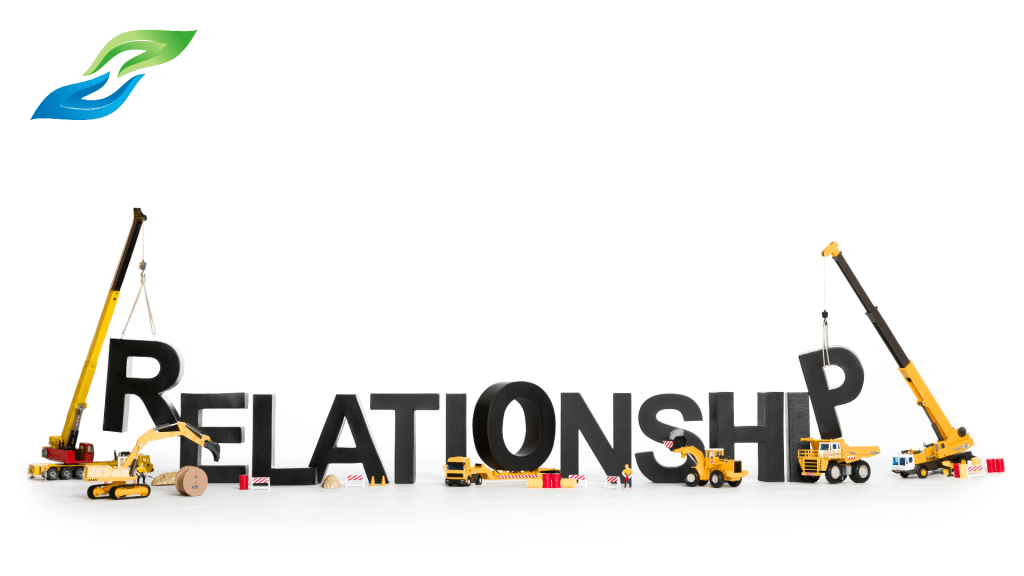
Leadership is often characterized as an art, a skill, or an inherent quality that only a select few possess. While there may be some validity in these descriptions, it’s equally important to acknowledge leadership as an ongoing practice. Leadership isn’t a fixed attribute or a trait reserved for a chosen elite; it’s a dynamic process that anyone can learn and refine over time.
The most effective way for people to gain expertise, particularly in practical fields, is through direct experience. Simply reading a book won’t make you a skilled camera operator, and you can’t become a proficient driver by studying the theory alone. Instead, you must physically engage with a camera or get behind the wheel of a car. Learning comes from the act of doing, allowing individuals to absorb knowledge into their hearts, minds, and bodies, thus enabling them to apply it effectively.
Leadership, too, is a skill best developed through practice. Throughout human history, learning has predominantly occurred through hands-on experience, whether through apprenticeships or simply living life.
Leadership is not a destination; it is an ongoing journey. Effective leaders recognize that they must continually learn and adapt to new challenges and circumstances. They understand that leadership is not a fixed skill but rather a practice that evolves over time. Great leaders remain open to new ideas, feedback, and experiences that enable them to refine their leadership approach continually.
Leadership knowledge is valuable only when it is applied in real-world situations. Leaders must put their understanding of leadership theories and principles into practice. This involves making decisions, taking actions, and assuming responsibility for the consequences. It is through this practical application that leaders gain valuable experience and insight.

Effective leadership practice also involves self-reflection. Leaders must regularly examine their actions, decisions, and the impact they have on their teams and organizations. Self-reflection allows leaders to identify areas for improvement, acknowledge their mistakes, and make necessary adjustments to enhance their leadership effectiveness.
Leadership is not a one-size-fits-all endeavor. What works in one situation may not work in another. A critical aspect of leadership practice is adaptability. Leaders need to adjust their approach based on the unique challenges and dynamics they encounter. This flexibility is essential for achieving success in various scenarios.

Leadership practice is not only about managing tasks and projects; it is also about building and nurturing relationships. Effective leaders understand the importance of establishing trust, communication, and collaboration within their teams and with other stakeholders. They continuously work on honing their interpersonal skills to create a positive and productive working environment.
By embracing leadership as a practice, individuals can unlock their potential and become more effective leaders. The journey of leadership is characterized by continuous learning, application of knowledge, self-reflection, adaptability, and relationship-building. In doing so, individuals can contribute to positive change in their organizations and communities, making leadership an accessible and attainable skill for all.
Reflect on your own past experiences, extracting valuable lessons from your personal case material. By considering alternative courses of action you could have taken if you had known better at the time, these lessons are more likely to remain with you.
